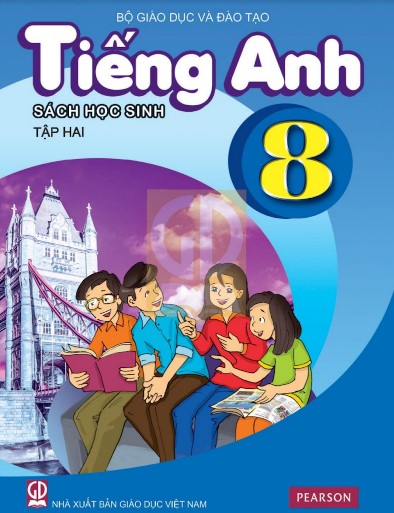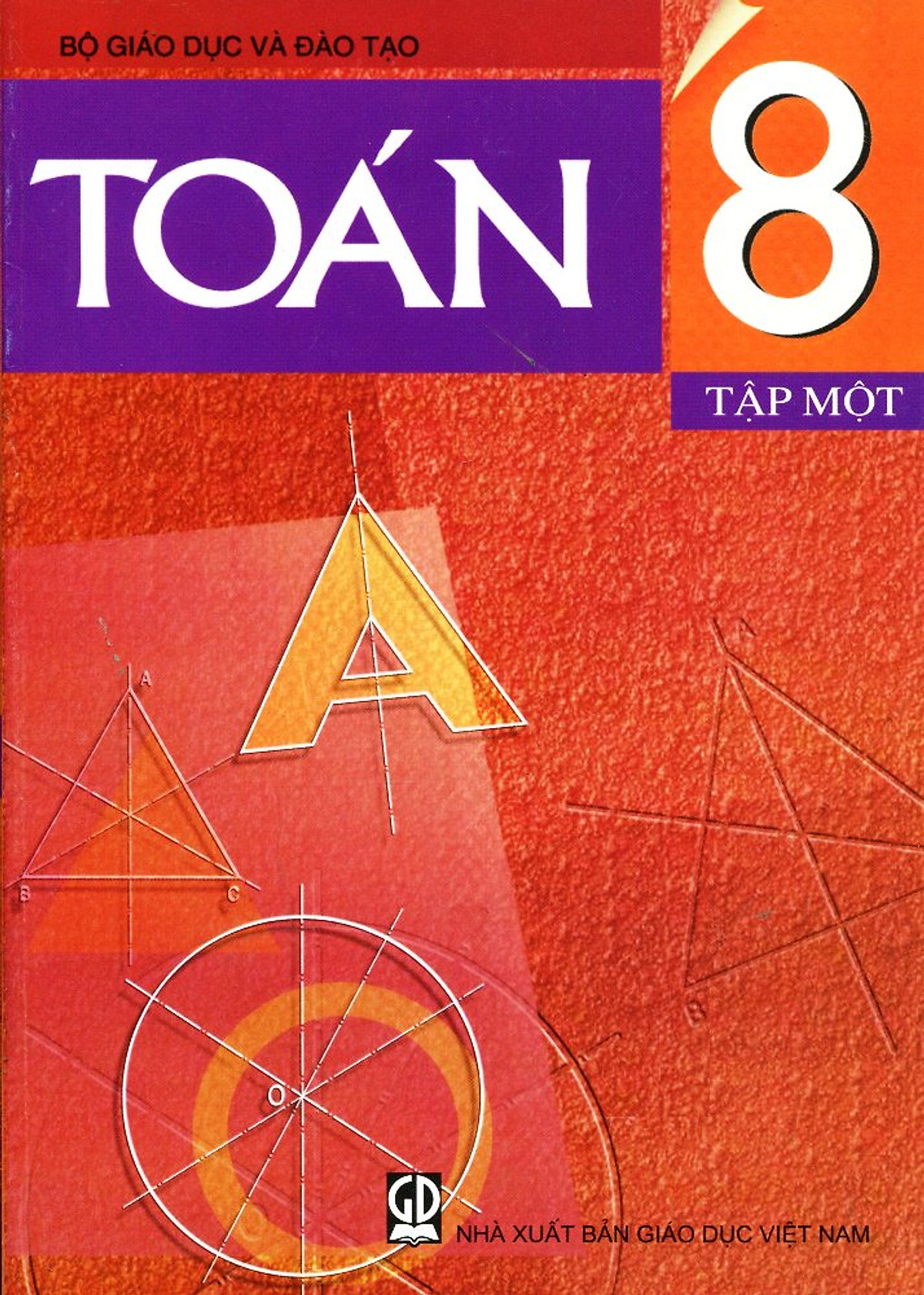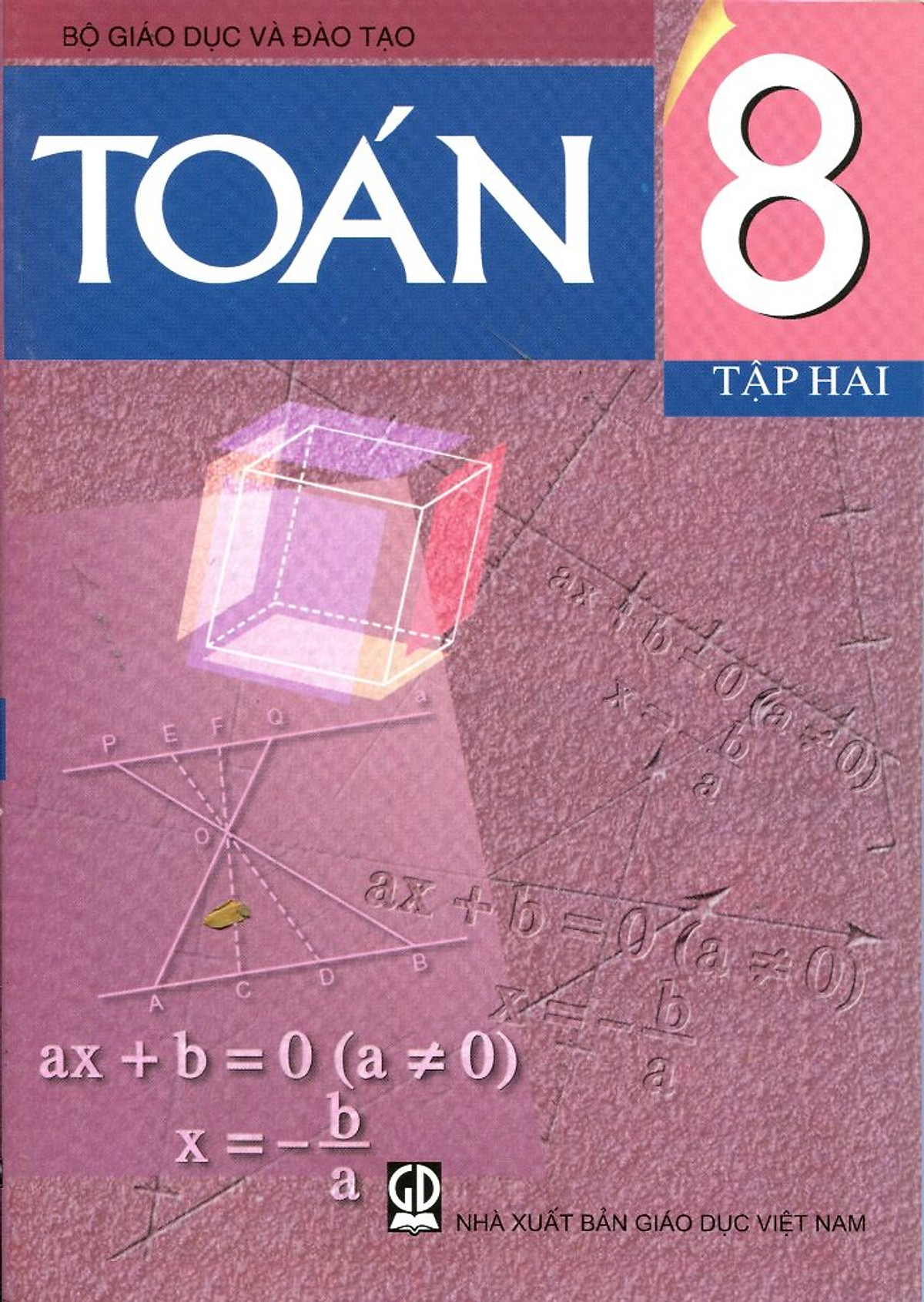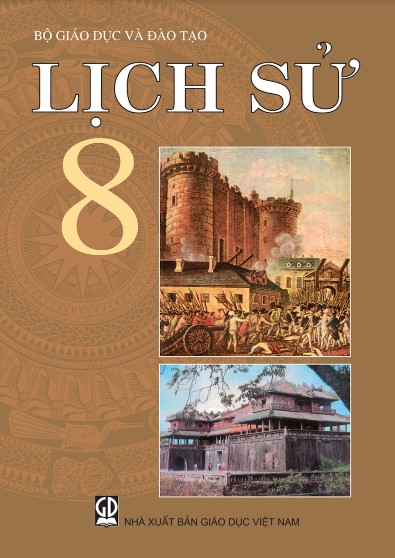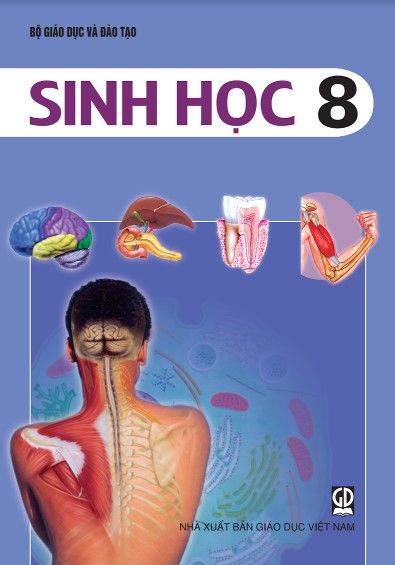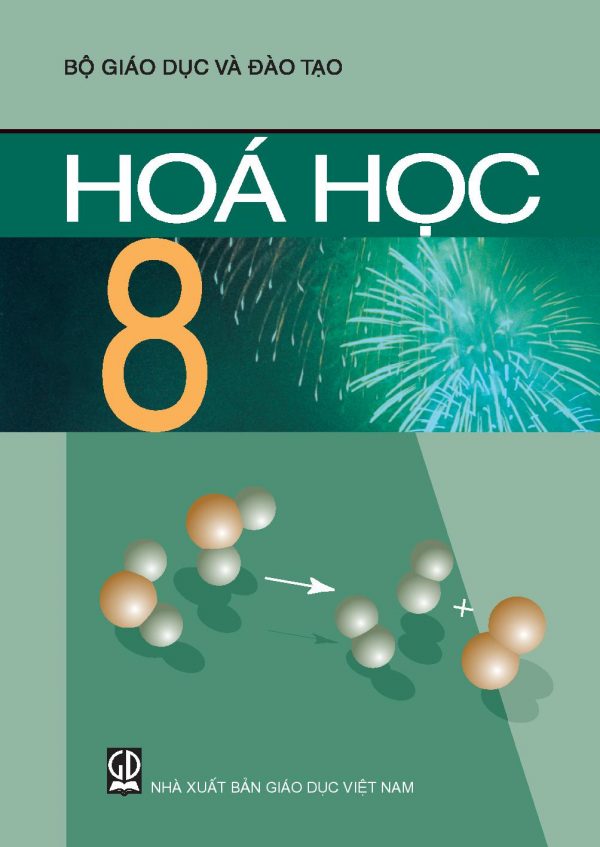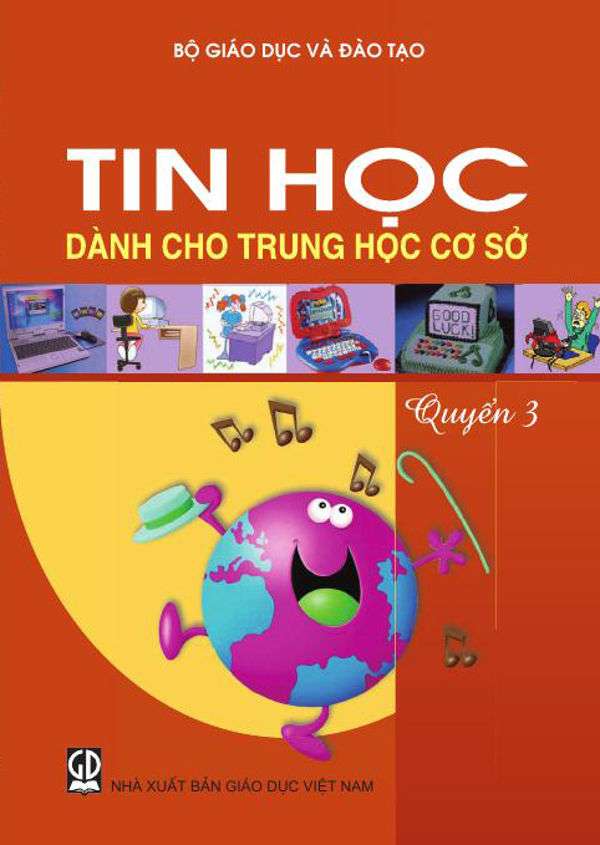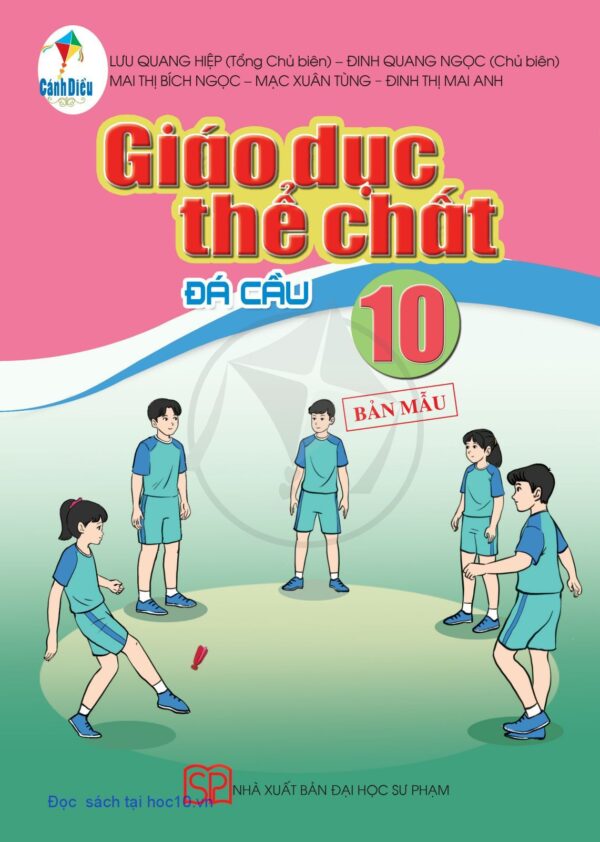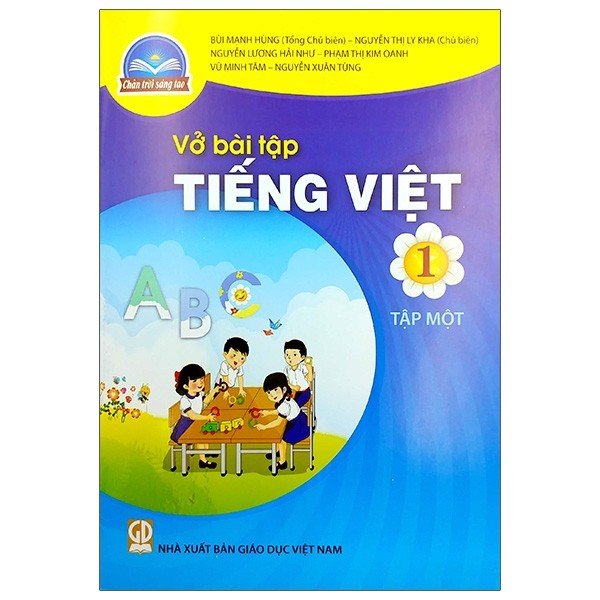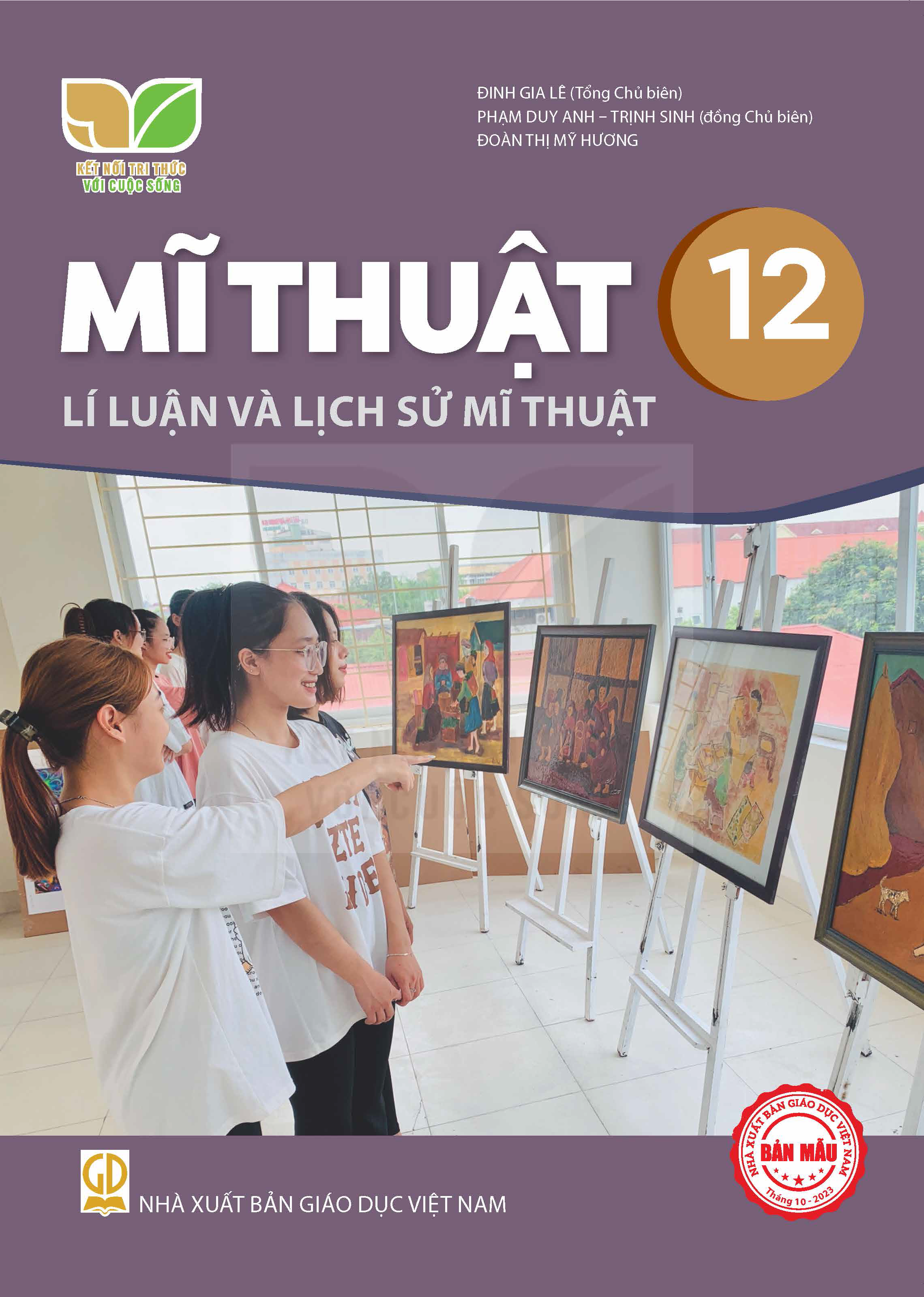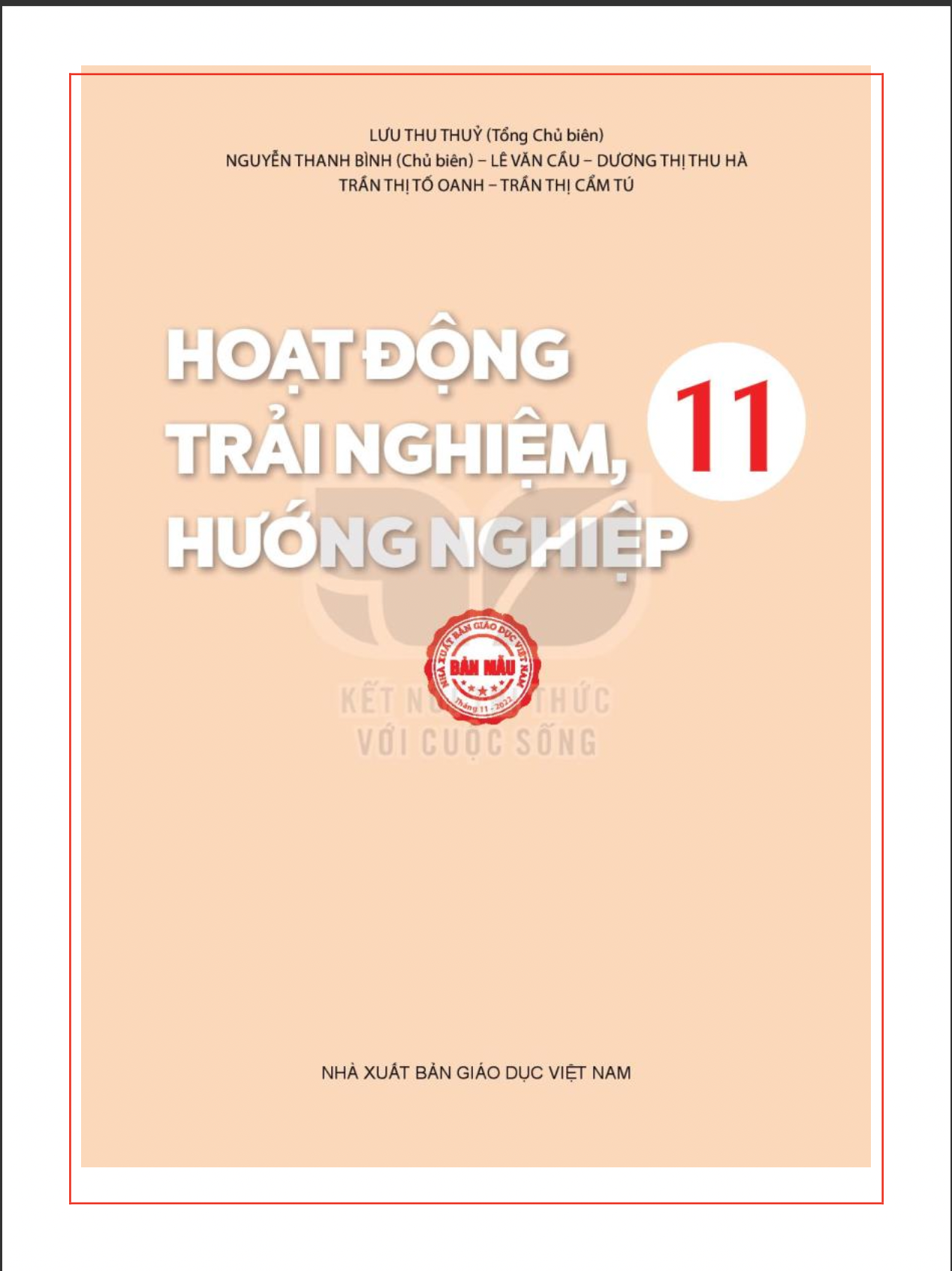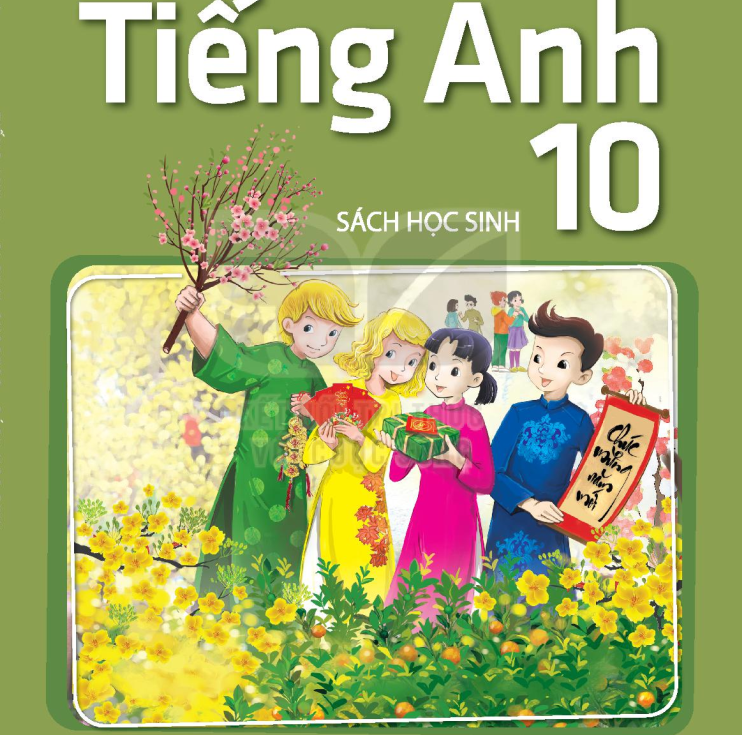Grammar
Should and shouldn’t to express advice: review
1. Look at the pictures and complete the sentences with should or shouldn’t.
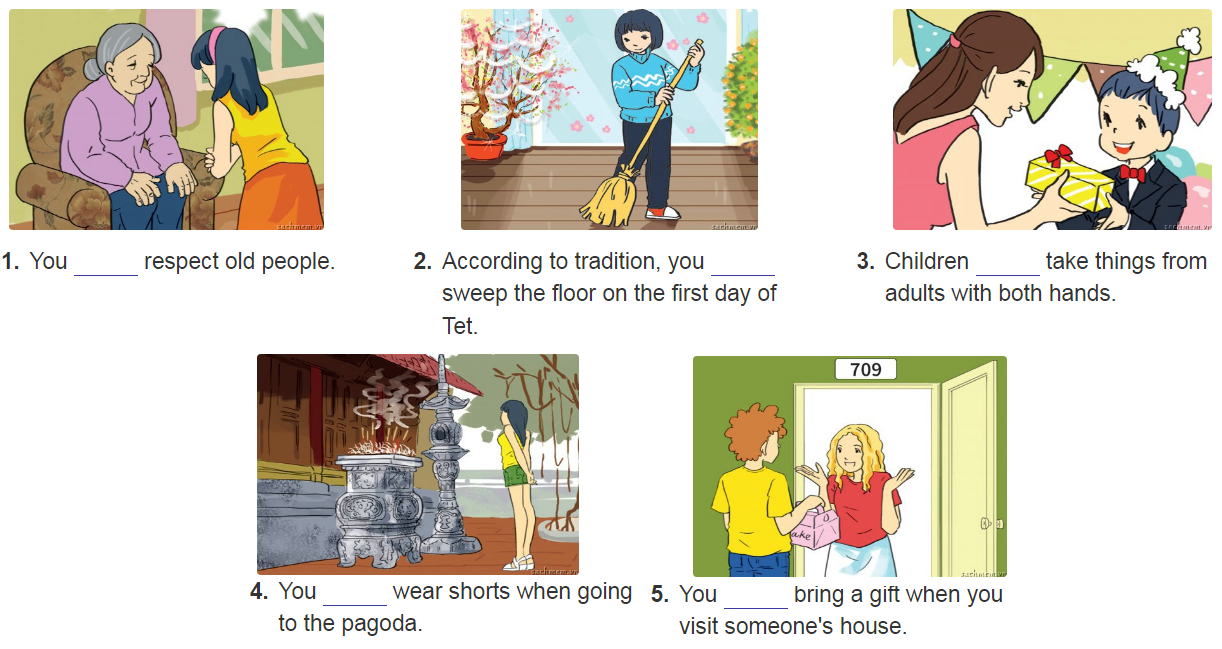
2. Match the situations in A and the advice in B.
| A | B |
| 1. Your sister is chewing and talking at the same time. | a. You should arrive on time. |
| 2. Your brother is noisy at the pagoda. | b. You shouldn't do that. It's not very polite. |
| 3. Your foreign friend has been invited to dinner in a Vietnamese house. | c. Shhhh! You should be quiet in here. |
| 4. You don't know what to do when going into a Japanese house. | d. You should take off your shoes at the entrance. |
| 5. You have been invited to dinner with a British family. | e. After taking food from the plate, you should put it into your bowl before eating. |
Have to to express obligation or necessity
have to is used to obligation or necessary. It shows external obligation, i.e, someone else makes decision about what you must to do.
(+) have to/ has to + infinitive
Example: We have to clean the house carefully before Tet.
(-) don’t/ doesn’t have to + infinitive
Example: She doesn’t have to wear a company uniform.
(?) Do/ Does + subject + have to + infinitive
Example: Do we have to follow the tradition of cleaning the house before Tet?
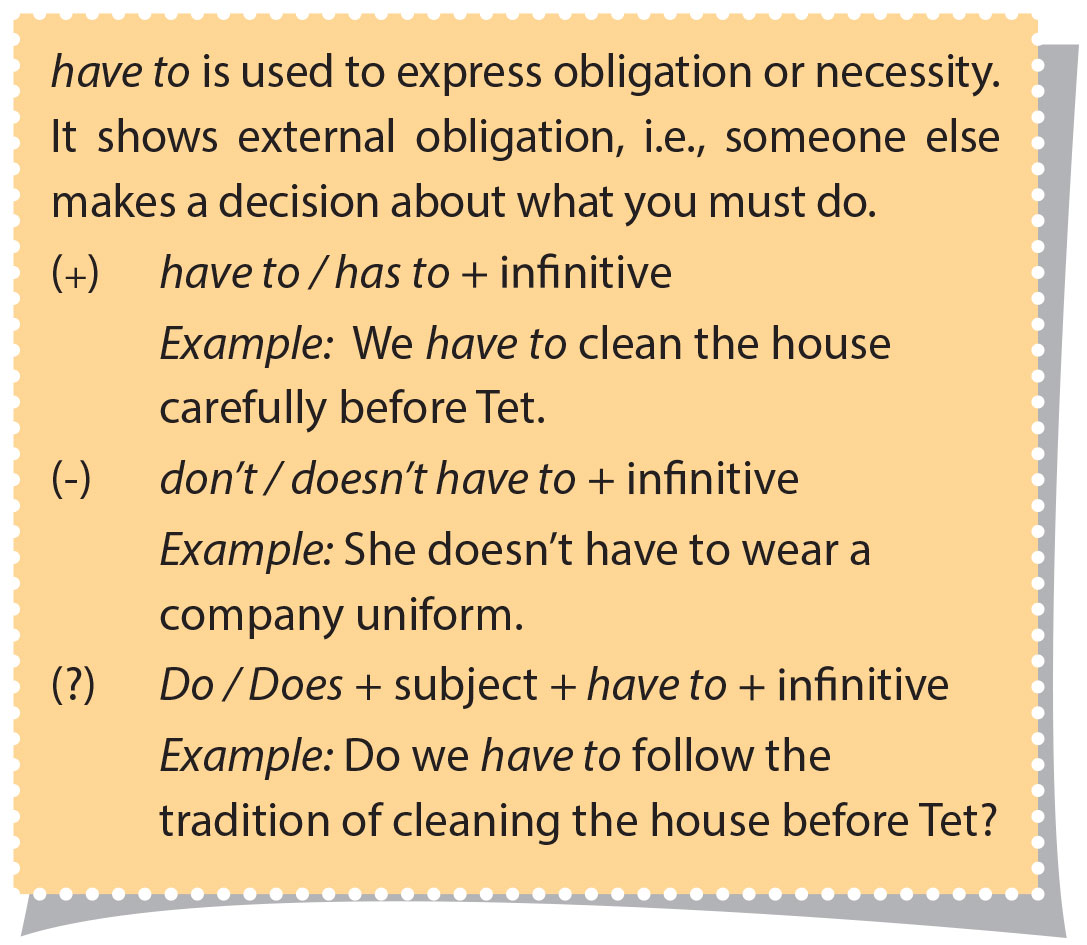
Remember!
Don’t have to is used when it is not necessary to do something.
Example: My mother doesn’t have to work on Saturdays.
If you want to tell somebody not to do something as an obligation, use must not/ mustn’t instead.
Example: You mustn’t wear short skirts in here.
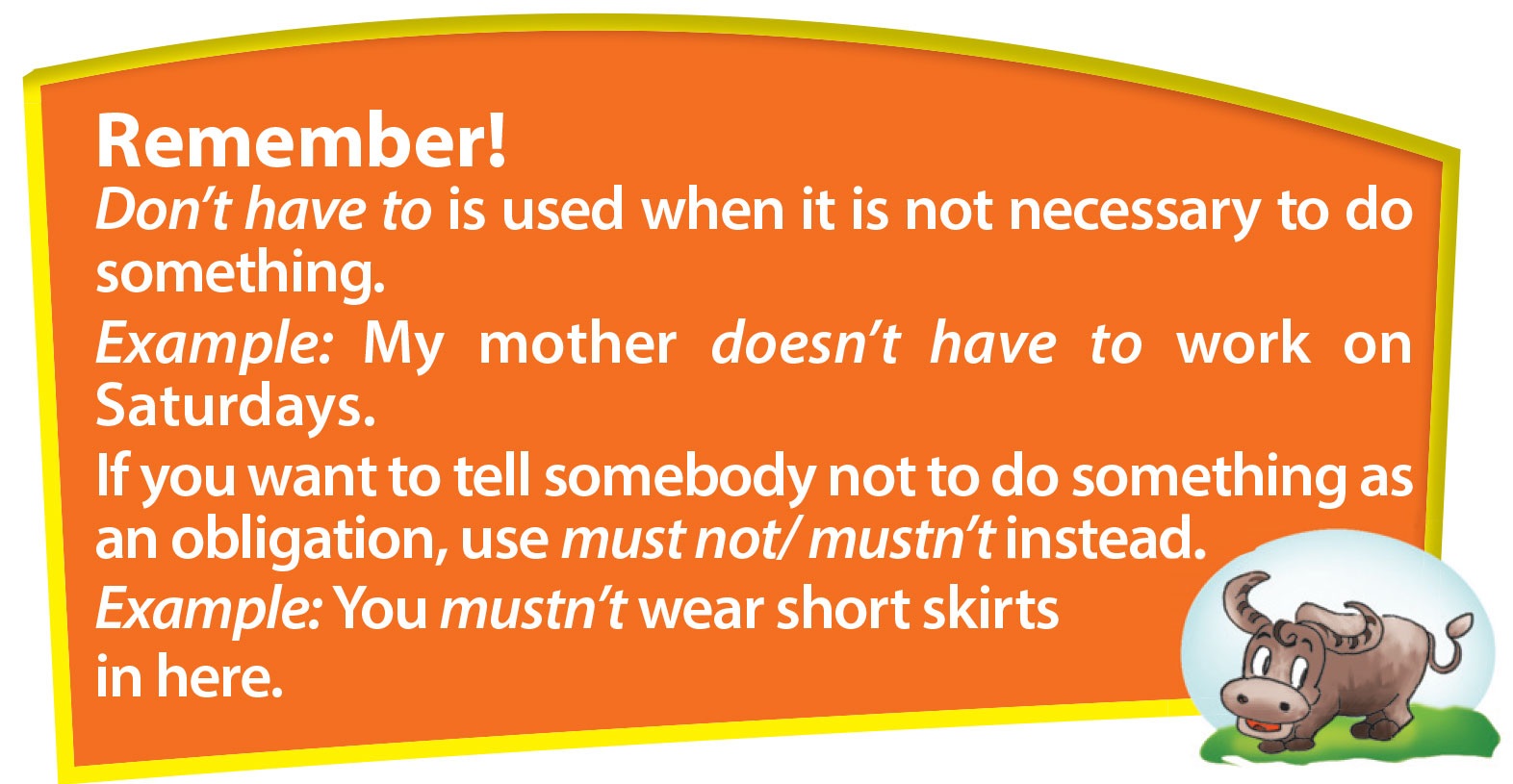
3. Complete the sentences with the correct form of have to.
1. My mother says that I __________ be home by 9 p.m. sharp.
2. We __________ go now because our dad is waiting for us.
3. She __________ wear that costume because it's the family tradition.
4. In the past, men __________ wear ao dai, but today they __________ wear it.
5. Before leaving the dinner table, __________ your son __________ ask for permission?
6. We __________ go to school today because it was raining heavily.
4. Choose A or B to convey the meaning of the first sentence.
1. You have to take your hat off when going inside the main worship area of the temple.
A. You can take your hat off if you want to.
B. You're not allowed to wear your hat.
2. You don't have to tip in Viet Nam.
A. It's not necessary to tip in Viet Nam.
B. You're not allowed to tip in Viet Nam.
3. Students mustn't run or be noisy in the school building.
A. Running and being noisy aren't allowed in the school building.
B. They can run and be noisy if they want to.
4. In the past, Vietnamese people had to live with their parents even after they got married.
A. They could live with their parents after they got married.
B. They were obliged to live with their parents after they got married.
5. Mi is going to visit her friend Eri in Japan. Read Eri’s email. There are six mistakes in it. Can you find and correct them?
From: [email protected]
Hello Mi,
I'm so excited about your trip. It's going to be amazing!
I shouldn't give you some advice, so you can prepare for Japan. We have lots of customs and it can get a bit confusing for visitors. ☺
Firstly you has to take off your shoes when you go inside. You shouldn't wear slippers in the house - but you didn't have to bring any, we have extra pairs for guests. Then you have use different slippers in the bathroom and in the garden, but you'll get used to it! You should worry - I'll be there to help you.
All for now, gotta go…
Eri x
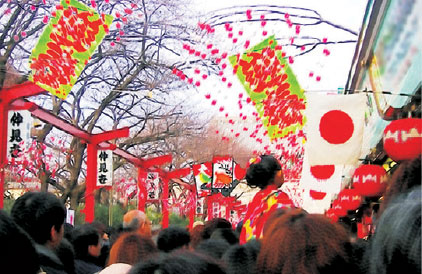

6. Work in pairs. Imagine that you both have a friend who is coming to Viet Nam this summer. List three pieces of advice and three obligations your friend should follow.
Share your ideas with the whole class.


